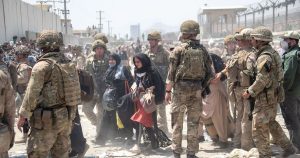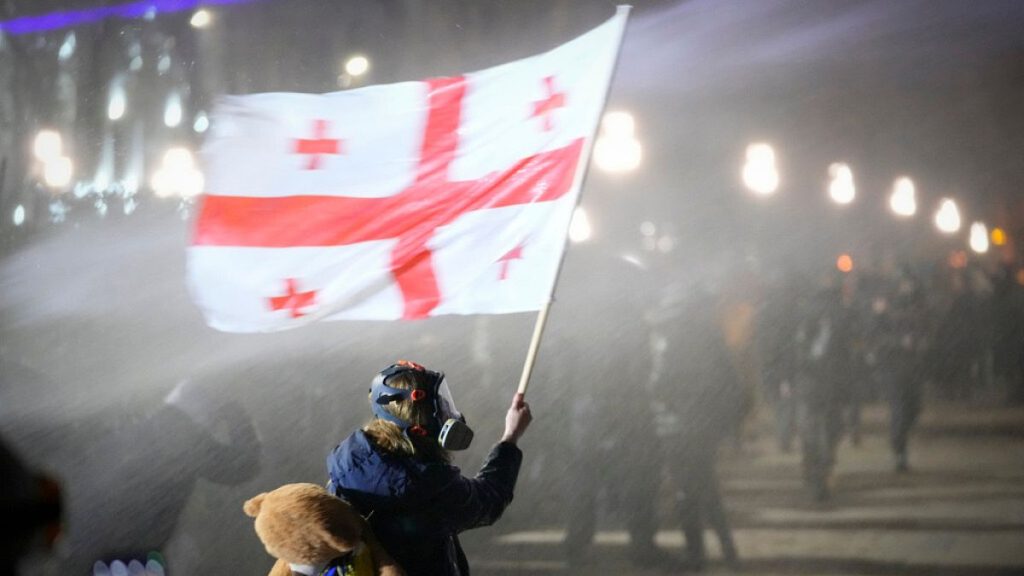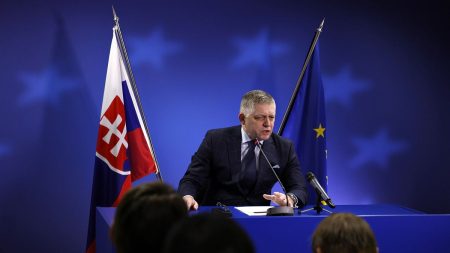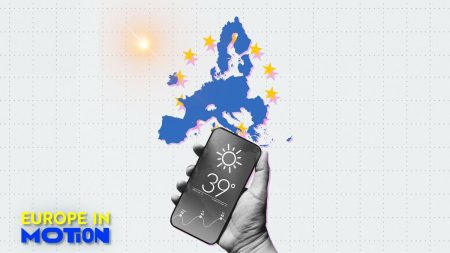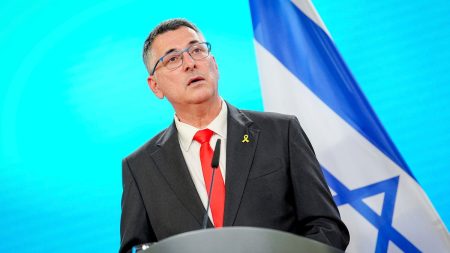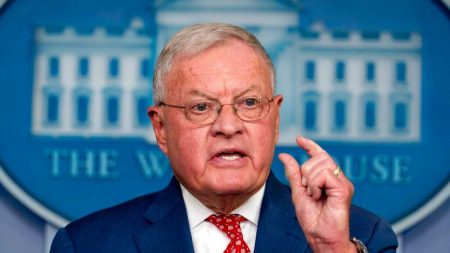Recent protests in Georgia have erupted following the government’s shocking announcement to suspend EU accession talks, igniting serious allegations of police violence against demonstrators. Over 300 individuals have been detained since the protests began six nights ago, where citizens expressed their anger towards the ruling Georgian Dream party’s decision, widely interpreted as a betrayal of the public’s pro-European aspirations. Images circulating on social media depict the intensity of the clashes, showcasing injured citizens and confrontations with police, who have deployed riot control measures such as tear gas and water cannons to disperse crowds. This police response has sparked a passionate debate about the use of excessive force, with various stakeholders condemning the state’s actions as brutal.
Prime Minister Irakli Kobakhidze has accused opposition groups of inciting violence during the protests, suggesting that they bear responsibility for the injuries sustained by demonstrators. Despite these claims, the Georgian Public Ombudsman has criticized police actions, stating that what transpired amounted to torture and brutality. This stark contrast between government narratives and independent accounts of the events has raised alarm over police conduct. Notably, UN Human Rights Chief Volker Türk has labeled the force used against protesters as “extremely worrying,” while Robin Dunnigan, the US ambassador to Georgia, confirmed witnessing police violence and urged Georgian Dream to reconsider its position on EU negotiations.
Kobakhidze acknowledged that there were violent incidents during the protests’ initial days but maintained the government had acted to restore order. He praised the police’s response, claiming it adhered to “higher standards than those seen in Europe and the USA.” However, this assertion has been met with skepticism given the widely shared images and testimonies of excessive force that contradict government representations. The consequences of the government’s decisions and actions have fueled dissatisfaction not only among protesters but also in the international community.
The Georgian Dream party’s suspension of EU accession discussions came swiftly after the European Parliament adopted a resolution that criticized the outcome of the October elections in which the party secured a parliamentary majority. The electoral process faced accusations of being unfair and manipulated, leading to widespread opposition from various political groups and international observers. Earlier granted candidate status by the EU, Georgia’s path toward EU membership took a hit after the ruling party’s controversial passage of a “foreign agents” bill, perceived as a reproduction of Russia’s oppressive legislative tactics. This policy stance stands in stark contrast to popular public sentiment, with polls indicating a majority of Georgians favor EU membership.
Despite the suspension of accession talks, Kobakhidze claimed that Georgia’s European integration remained intact, describing the measures taken as acceptable in rejecting what he called “shameful and offensive blackmail.” His comments were a defensive rhetorical maneuver aimed at reassuring both domestic and international stakeholders, though reactions from abroad have reflected widespread concern about the implications of Georgian Dream’s decisions. The EU’s foreign policy chief and the US State Department have expressed apprehensions about the party’s actions, emphasizing the need for upholding democratic principles and citizens’ rights to assembly and free expression.
A potential shift in Georgia’s geopolitical alliances may be on the horizon as Kobakhidze hinted at potential recalibrations in US-Georgia relations. He has signaled an expectation for a “complete reset” post-inauguration of president-elect Donald Trump in January, reflecting an uncertainty surrounding the future dynamics of foreign relations, particularly amid the protests and political unrest. With the increasing tensions between protesters and the government and growing frustration among the populace regarding the suspensions of discussions with the EU, the atmosphere remains charged. The ongoing events in Georgia underscore a critical juncture, balancing national aspirations for integration with broader geopolitical currents.

